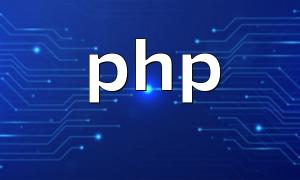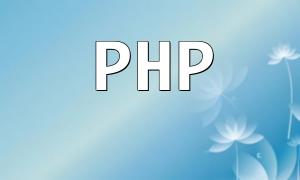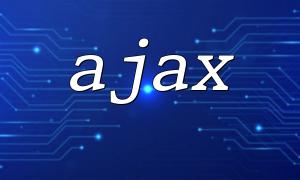In modern website and application development, data updates are a critical task. With continuous technological advancements, developers have many options to address data update needs, but PHP remains a prominent choice in this field, offering efficient and flexible solutions.
As a widely-used backend programming language, PHP excels in handling data updates. Whether it’s simple form submissions or complex database operations, PHP provides effective support. Below is a simple form submission example that demonstrates how PHP handles user-submitted data:
<form method="POST" action="update.php">
<input type="text" name="name" placeholder="Enter your name" />
<input type="submit" value="Submit" />
</form>
<?php
if ($_SERVER['REQUEST_METHOD'] == 'POST') {
$name = $_POST['name'];
// Process $name, like saving to a database
// ...
}
?>
In this example, the user submits their name via a form, and PHP uses the $_POST variable to receive the submitted value. The data can then be further processed, such as saving it to a database. PHP’s flexibility makes it easy and efficient to handle data updates.
In addition to flexibility, PHP enjoys widespread support. With a large and active development community, developers can easily find a wealth of frameworks, tools, and libraries to assist with data update tasks. For instance, the Laravel framework provides powerful database operation capabilities, and using Eloquent ORM, updating data becomes simple:
// Update user information $user = User::find(1); $user->name = 'John Doe'; $user->save();
In this Laravel example, we locate a user object by its ID, update its name property, and then call the save() method to persist the changes. This illustrates how PHP simplifies data updates efficiently.
Beyond frameworks and libraries, PHP also boasts a large number of third-party extensions that can help developers streamline data update tasks. These extensions cover a wide range of functions, from file uploads to email sending and third-party API integrations, greatly accelerating the development process.
PHP is a mature programming language, having undergone years of development and optimization. It is widely used around the world and has accumulated extensive practical experience, offering excellent reliability and stability. Whether for enterprise-level applications or personal websites, PHP can provide a stable solution for data updates.
Performance is often a key consideration when it comes to data updates. Fortunately, PHP has made significant efforts in optimizing performance. Here are some common optimization techniques:
By applying these optimization techniques, PHP can significantly improve the performance of data updates, especially when dealing with large datasets.
PHP has consistently proven to be an excellent choice for handling data updates, with its flexibility, widespread support, reliability, and performance optimization. Whether for simple form submissions or complex database operations, PHP offers a reliable solution. For developers, PHP is a flexible and extendable language suitable for projects of any size, making it a strong contender for data update tasks.









